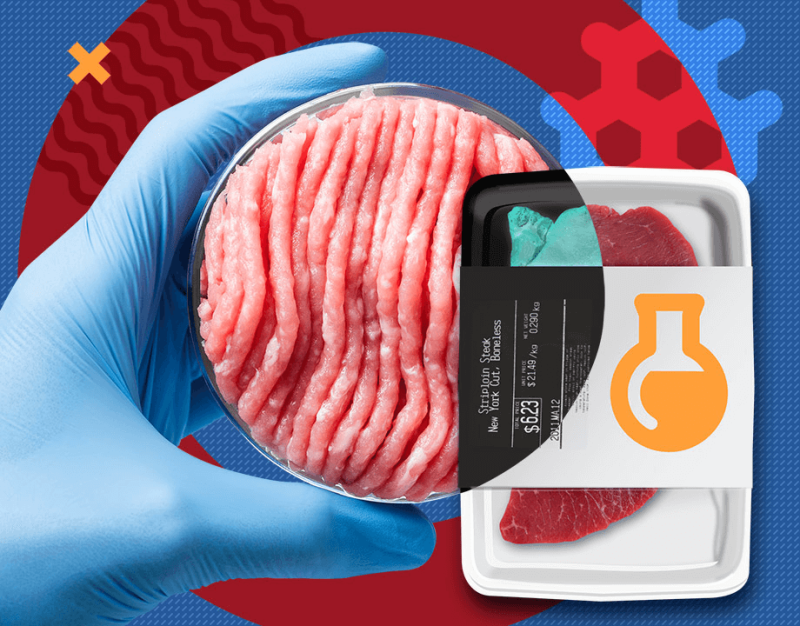A shocking report from the University of California, Berkeley suggests that cultivated meat could reduce emissions by 96 percent. However, currently, the biggest challenge with cultivated or lab-grown meat is that it’s so expensive that most people can’t afford it.
A new study from Tufts University researchers reveals an interesting solution to this problem.
However, the price for just one gram of a growth factor can range from a few hundred dollars to millions, depending on the type, and they are manufactured and sold by big industrial suppliers.
“Growth factors contribute to a majority of the cost of production for cultivated meat (up to or above 90%). Since they don’t last long in the cell culture media, they also have to be replenished every few days. This limits the ability to provide an affordable product to consumers,” the researchers note.
The researchers from Tufts University modified bovine muscle cells such that the cells were able to produce fibroblast growth factors (FGF) on their own, eliminating the need to purchase growth factors from external sources.
This is an excerpt. Read the original post here































